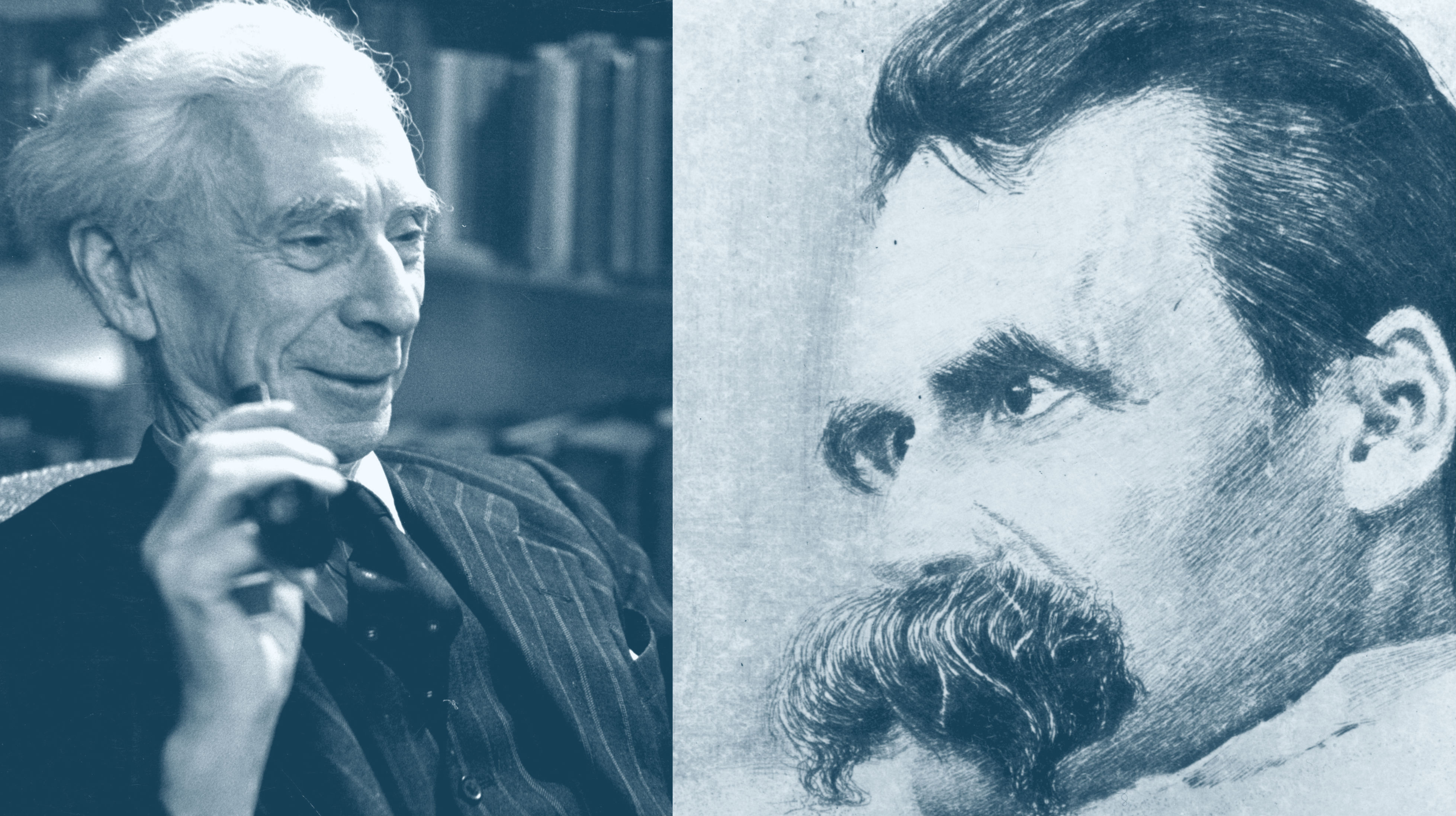Would You Pass This Test in Kantian Ethics?

The biggest news item of the week was the exposure of a mind-bogglingly huge, 24-year-long corruption scandal at FIFA, the international governing body for soccer. Executives at FIFA, it seems, have been taking bribes from marketing firms and then handing out contracts to televise games. The kickbacks have lined FIFA officials’ pockets to the tune of $150 million, and they date all the way back to 1991. “Two generations of soccer officials,” the Justice Department announced on Thursday, “abused their positions of trust for personal gain, frequently through an alliance with unscrupulous sports marketing executives who shut out competitors and kept highly lucrative contracts for themselves through the systematic payment of bribes and kickbacks.”
It’s an ugly picture. But this is only the most recent and most brazen example of corruption in the world of sports. Sustained, thorough law-breaking and immorality are nothing new, but rarely are we treated to such a startling example of seemingly decent people in positions of power behaving very, very badly.
This gives us the chance to ask anew why people do such stupid and terrible things. (By the way, your ethical conundrum is coming up in just three more paragraphs.) We’re not talking now about ideologically or religiously motivated violence. The topic of the day is ordinary, run-of-the-mill immorality that is unmotivated by anything but personal greed and lust for money and power: doing something wrong for profit. When the first executive at FIFA thought, “Hey, I could stand to make some money for myself here. I think I’ll shake down the cable company for some extra cash in exchange for letting them broadcast soccer games,” he wasn’t acting or thinking ethically. And he was assuming he would get away with it — which he did quite nicely for over two decades.
All this corruption has reminded me of one of my favorite passages in Immanuel Kant’s ethical writings. It concerns bad behavior on a somewhat smaller scale and comes in an essay called “On the Common Saying: ‘This May Be True in Theory But it Does Not Apply in Practice.'” In this text, Kant refutes skeptics who say his moral and political theories are vain exercises in abstraction with no practical relevance in the real world. Not so, the 18th-century philosopher responds. Theory and practice are intimately interwoven. Any “practice” worth its name —he uses the Latin word “praxis,” the term that inspired me when I named this blog— is bound up with principles, and those principles are deduced from theory.
Kant takes particular aim at the objection that ethical considerations “vanish completely when it comes to action, when they are supposed to apply to desires and intentions.” On the contrary, Kant writes, the principle of acting morally for the sake of duty (rather than calculating which course of action is potentially more profitable) is “incomparably simpler, clearer, and more natural and easily comprehensible to everyone than any motive derived from … happiness.”
He uses an example that would make a FIFA executive blush:
Let us take … the case of someone who has under his trust an endowment the owner of which is deceased, while the heirs are ignorant of and could never discover its existence. Let us also suppose that the trustee of this deposit, through no fault of his own, has at this very time suffered a complete collapse in his financial circumstances, and has around him a miserable family of wife and children, oppressed by want, and knows that he could at once relieve this distress if he appropriated the pledge entrusted to him. He is also benevolent and philanthropic, while the heirs are rich, uncharitable, thoroughly extravagant, and luxurious, so that it would make little difference if the aforesaid addition to their property were thrown into the sea.
It’s clear what a corrupt soccer official would do: He would pocket his friend’s cash and never speak of the sin again. But what would you do? Kant fashions the example to make it easy for you to rationalize taking the money: No one will ever find out; the heirs to the fortune are rich arses; your family genuinely needs the money. But wait:
If this case is explained even to a child of around eight or nine years old, and it is asked whether it might be permissible under the circumstances to devote the deposit to one’s own use, the reply will undoubtedly be negative. Whoever we ask will merely answer, without further ado, that it is wrong.
“Nothing,” Kant writes, “can be clearer than this.” And of course Kant (along with his eight-year-old sidekick) is right. To take the money entrusted to you by your friend and to fail to deliver it to its rightful owners is wrong. It just is. It is stealing, case closed. Plus you will be a bad friend to a dead man.
But if you continue pondering what to do after realizing the immorality of doing anything but sending along the money to its rightful owners, Kant explains, you’ll be getting into rather uncertain territory. You may or may not receive a reward for delivering the sum. You may or may not arouse the suspicion of neighbors or legal authorities who wonder how you’re suddenly eating better and buying new shoes for your kids. Speculating on the consequences is exactly what Kant says you should never do when deliberating morally. The “possible results” of your choice “are highly uncertain.” But to ask what duty requires is to avoid all “confusion.” You just do it.
It’s a very good thing that the Justice Department finally caught on and caught up to the FIFA criminals. An enforcement and punishment mechanism on the other end of a series of wrongful acts is a necessity, given the deeply flawed state of the human being. But reading Kant this week makes me think it’s perhaps equally important to erect intellectual roadblocks to such depraved selfishness in advance. Halting more immorality before it occurs might be possible with better moral education. As Kant writes, though men may struggle “with countless evils of existence and even with their most seductive temptations,” they can “overcome” them. “We may rightly assume,” he adds, “that men can do so.”
Image credit: Shutterstock.com




